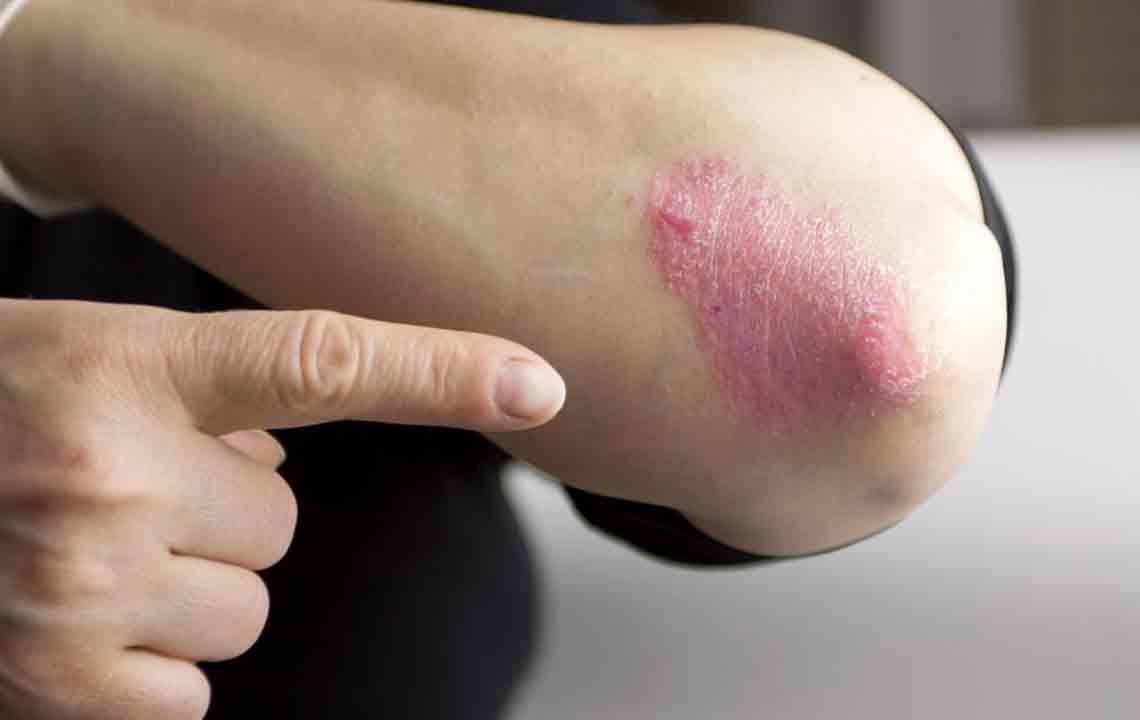Innovative Approaches to Psoriasis Management and Treatment
This article explores cutting-edge treatments and natural remedies for psoriasis, emphasizing immune-targeted biologics, phototherapy, and emerging therapies like NGF inhibitors. It highlights personalized treatment options, recent advances, and complementary approaches to help manage this chronic condition effectively. Always seek medical advice before starting new therapies, and consider combining traditional and natural methods for optimal results.

Innovative Approaches to Psoriasis Management and Treatment
Psoriasis is a chronic immune-related skin condition characterized by inflammation and rapid skin cell growth. If not properly managed, it can lead to complications such as psoriatic arthritis, cardiovascular issues, and Type 2 diabetes. Several treatment options exist, including medications like methotrexate, oral retinoids, and ciclosporin, which mainly relieve symptoms. Treatment plans are tailored based on health status, age, severity, co-existing conditions, and affected regions.
Recent advancements in immune research have introduced novel therapies that go beyond traditional methods.
Targeted biologic treatments, such as anti-TNF-α agents, have revolutionized psoriasis care. Elevated levels of tumor necrosis factor-alpha (TNF-α) promote inflammation, and blocking this cytokine reduces immune activity and skin cell overproduction. Drugs like Etanercept, which binds soluble TNF-α, are administered twice weekly to reduce symptoms. Adalimumab (Humira) and Certolizumab pegol (Cimzia) are other effective biologics in advanced cases.
Medications targeting T-cell activation, such as Alefacept, help prevent immune overactivation, decreasing skin inflammation.
Light therapy, specifically UVB exposure, has proven beneficial for psoriasis sufferers. Home UVB devices provide convenient treatment options, but insurance coverage should be checked. Combining phototherapy with systemic drugs enhances results. PUVA therapy, involving psoralen and UVA light, suits thick plaques and scalp psoriasis cases.
Emerging treatments explore nerve growth factor (NGF) inhibition. Elevated NGF levels in nerve fibers may promote keratinocyte proliferation during stress. The topical drug CT327 blocks NGF receptors, presenting a new therapeutic avenue.
Complementary natural remedies can support conventional treatments but should be used under medical advice. Always consult a healthcare professional before trying herbal therapies. Some helpful options include:
Apple Cider Vinegar: Diluted in water, it can soothe scalp itching over time. Avoid applying to cracked or bleeding skin.
Aloe Vera: Applying pure gel three times daily may reduce redness and scaling. Avoid oral supplements without medical approval.
Dead Sea Salts: Adding salts to bathwater helps calm itching and inflammation.
Capsaicin: Topical creams with chili extract can lessen nerve pain, but may cause a burning sensation; consult your doctor if discomfort persists.
Tea Tree Oil: Its antiseptic qualities can benefit scalp psoriasis; always perform patch tests to prevent allergies.


